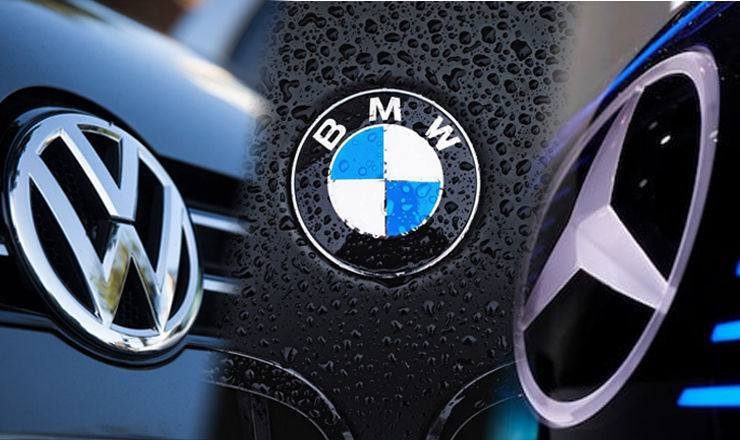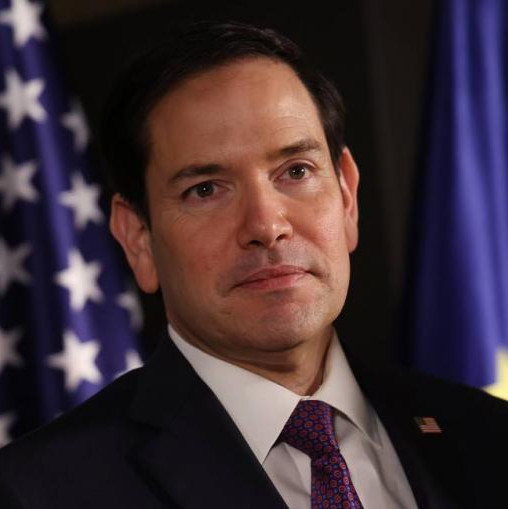
A sense of gloom has settled over Germany’s automotive industry, including spare part suppliers and related equipment manufacturers, as reported by the local news agency DPA. According to the IFO-Institut think tank, the sector’s business climate index has plummeted to -30.7 points. Analysts tend to attribute this to automakers’ growing pessimism about their export prospects and the ongoing decline in competitiveness outside the European Union.
Experts identify two major challenges for this industry traditionally vital for Germany. First, intensified competition on the part of local manufacturers in China, coupled with relentless price wars. Second, German automakers in the US market are gripped by uncertainty, unsure of what President Donald Trump’s tariff policies are ultimately going to bring. Notably, this anxiety isn’t limited to German companies as even American automaker Ford recently admitted fearing billions in losses because of Trump’s trade policies.
For instance, Munich-based BMW produces nearly an annual 400,000 vehicles in the United States, roughly matching its sales there. About half of these are exported, making BMW an unlikely leader in US automotive exports by value. However, the company also imports other vehicles and parts into America, leaving it vulnerable to painful losses if Trump follows through on planned tariff hikes. Still, German automakers hope their long-standing presence in the US and the thousands of jobs they’ve created will help negotiations to maintain the current tariff levels.
Meanwhile, IFO-Institut research indicates BMW faced a tough start to 2025. The company reported a net profit of €2.2 billion for the first quarter, down 26.4 percent year-on-year. Munich blamed this primarily on "weak performance in China," with Trump’s tariffs — whose full impact has yet to be felt — expected to deliver another blow later this year. BMW’s struggles in China contributed to a 1.4 percent global sales decline (586,000 vehicles), while revenue fell 7.8 percent to €33.8 billion.
Despite this, BMW remains relatively strong as compared to its German rivals. Stuttgart-based Mercedes reported a 43 percent profit drop to €1.73 billion, while Audi’s earnings reached a mere €630 million (a 14.4 percent decline, albeit from an already weak 2024 quarter). Volkswagen Group, Audi’s parent and Germany’s largest automaker, posted €2.2 billion in profit — a 41 percent year-on-year decrease.
And yet, BMW’s management insists that profits will rebound by July and rules out job cuts. In stark contrast, Bosch, a major auto parts supplier, warns about layoff inevitability. Its CEO Stefan Hartung told Stuttgarter Zeitung and Stuttgarter Nachrichten that blame should be attributed to weak global demand, Chinese competition, and consumer hesitancy.
Bosch employed 418,000 workers worldwide at the start of 2025 — 11,500 fewer than the year before, including a 3.3 percent reduction (4,400 jobs) in Germany. The company plans to cut over 12,000 positions globally by 2032, including 7,000 on a nationwide scale. Herr Hartung, cautiously optimistic about 2025, declined to share first-quarter results but noted preliminary figures: pretax profit fell by a third to €3.2 billion, while revenue dipped 1 percent to €90.5 billion.







